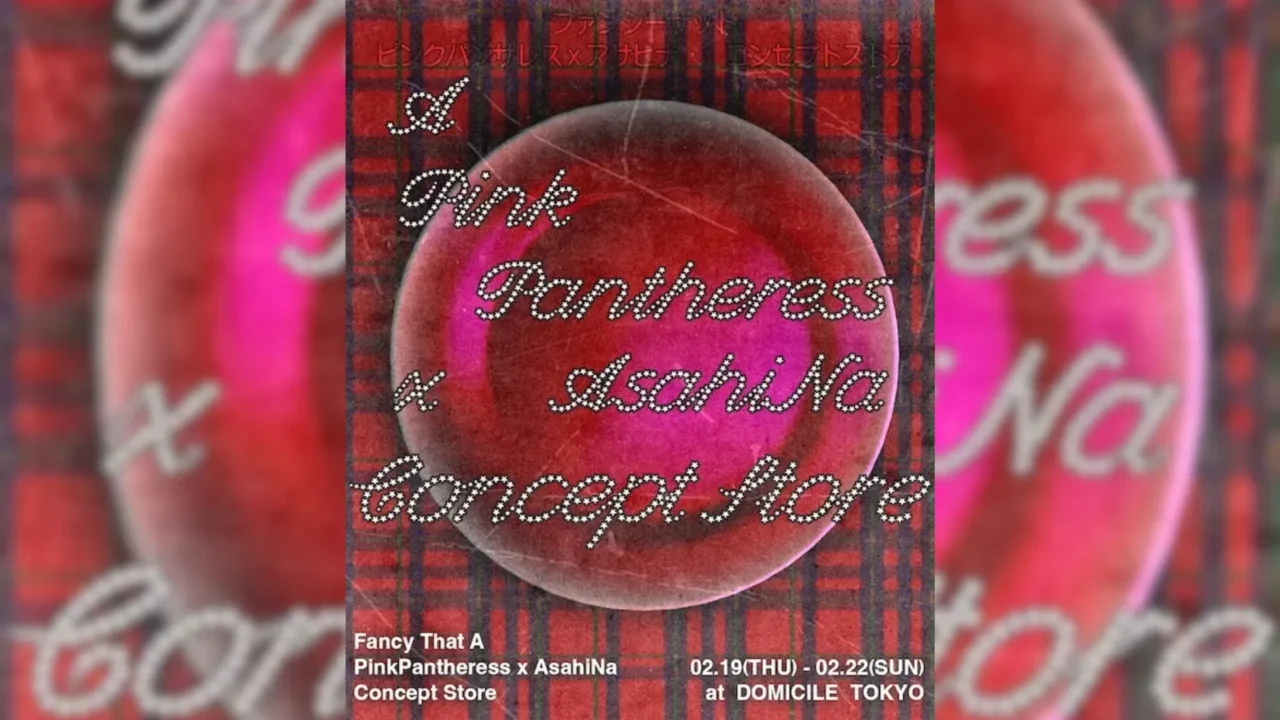INDEX
Focused Fascination with an Individual: Driving Force Behind the Production
-I noticed that the character Kiriya (played by Goro Inagaki) bore some resemblance to your professional role, Takahashi. What were your thoughts on that portrayal?
Takahashi: I felt very comfortable with him, as if he really existed. I am sure that you must have done a lot of research in portraying that reporter.
Irie: The newspaper reporter I mentioned earlier was the basis for the character. I also asked the editor-in-chief of “Shukan Bunshun” about the process of how he applies for an interview, how he captures the subject of the interview, and how he achieves it until he writes the article, and I used that as a reference. They tell me everything, and they are very open and airy.

Takahashi: I once interviewed a reporter for Bunshun, and he was very cooperative. They were very cooperative and were willing to provide a lot of information in order to spread the word correctly.
-I also interviewed the “Bunshun” production committee, and they were very cooperative and willing to provide a variety of information to help us spread the word correctly.
Irie: It was very difficult to recreate the editorial department of a weekly magazine on location, so we asked if we could borrow it, and they cooperated. I asked them if I could borrow it, and they cooperated. That’s why all the materials in the stack were real, and I thought they were very generous [laughs]. The editorial department is usually very busy, so I was only able to borrow them for the night of December 30, when the work was finished, and they let me shoot in the editorial department.
Takahashi: That sounds like fun [laughs].
Irie: What I wanted to ask you this time is that I myself am always looking for things that could be made into a movie, but what part of you feels “I can write this”?

Takahashi: To be honest, I would like to ask the director about that too [laughs], but there are times when I think, “I want to know more about this person’s background,” rather than “I can write about this. If I feel that way, I will interview him. With the pressure to produce a certain level of commercial results in film, how does the director maintain motivation in the production process?
Irie: Maybe I’m close to what Mr. Takahashi said, “I want to know more about my background. When I write a script, I don’t really think about whether or not it will be seen by many people.
What I fear the most is that I will get bored with the subject matter in the middle of the film. The process of making a film is a long one, usually taking three or four years, and if it’s not good, it can take up to 10 years. It would be a disaster if I got bored during the filming process. For example, I think it was very difficult to cover “The Village of Tsubeki,” but how were you able to continue without thinking, “It’s just not growing on me.
Takahashi: Until the first few times I did the interviews, I thought that there were no buds, but there was a time when I got excited and thought, “This is a great story I’ve heard. It’s not like I had to read it, but I thought I would put it all together, and I managed to give it shape. However, what I am doing is annoying to the people who are listening to me, so there is always pressure there, and it is hard.

-How do you approach things that may be perceived as bothersome?
Takahashi: I am prepared for the fact that I am considered a nuisance by the people involved. I believe that thinking of myself as a righteous person will lead to bad things, so I make it a point to conduct interviews while being aware that I am “an annoying person who is here to talk to people who have absolutely nothing to do with the case.



























